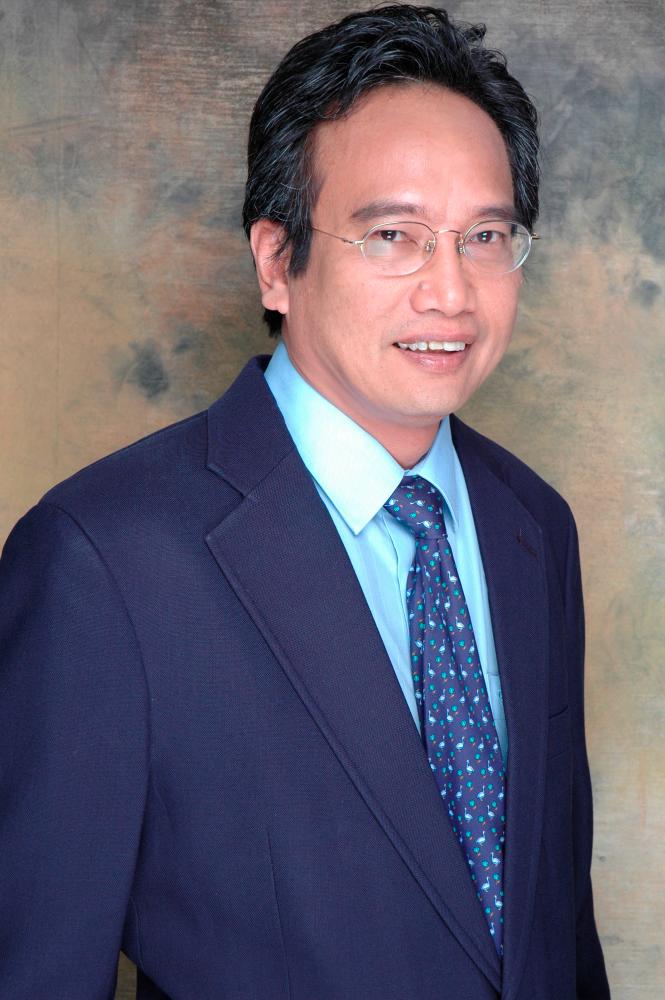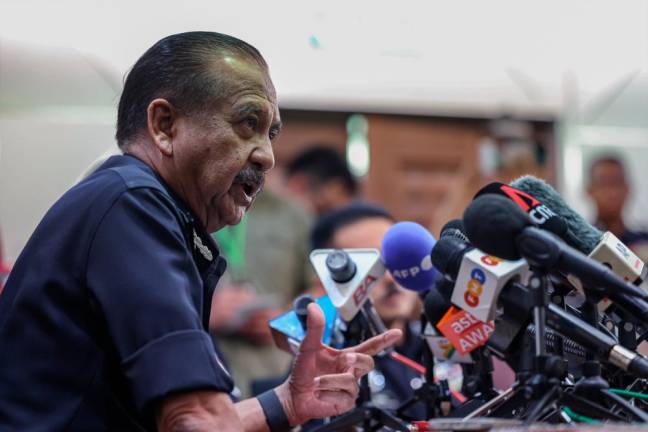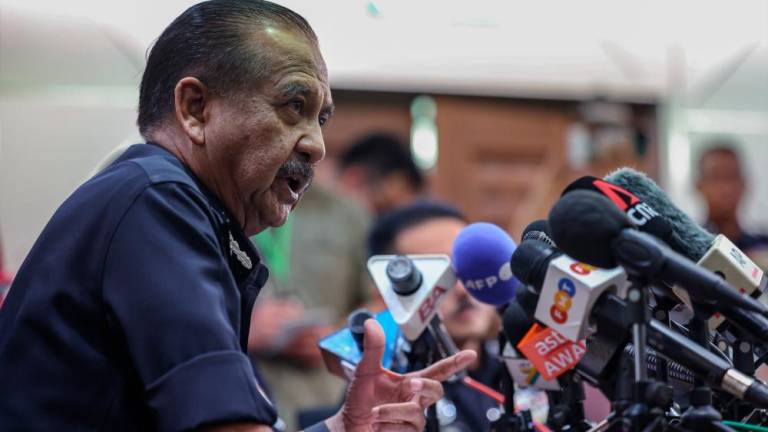A thorough and more comprehensive qualification as competent doctors
According to Consultant endocrinologist and professor at the Jeffrey Cheah School of Medicine and Health Sciences, Monash University Malaysia, Prof. Dato’ Khalid Abdul Kadir (pix), the way forward in studying medicine is “not to just accept whatever is being dished out, instead, pursue evidence-based medicine that is heavily reliant on research”.
The professors’s grasp of diabetes goes beyond the diagnosis or prescription of medications. He shares in detail about the chronic disease, its causes and effects, and how one thing leads to another arriving to the fact that cardiovascular problems and kidney failure are common consequential by-products of diabetes, and that obesity and diabetes often go hand-in-hand.
He also states that even with widespread knowledge of the suffering this disease can inflict on patients, and with efforts in place worldwide to stem its tide, plus the alarming statistics, these are not going to resolve the underlying issues related with any illness.
Considering the increasing population of ill and unhealthy today, Khalid acknowledges the challenges doctors face in their day-to-day routines in diagnosing and prescribing the right medication to patients. He also doesn’t discount the reality that scientists play an import role in studying the intricacies behind diseases like diabetes.
“Science in its truest form doesn’t just involve documenting changes, it must determine why there is a change, and then study what we can do to prevent it. We can have endless statistics showing the rise in diabetes among Malaysians, but that doesn’t solve any problem. Science is finding new knowledge that will help us understand something,” the professor elaborates.
“Diabetes is a metabolic disorder which comes with metabolic stress and psychological stress.The effects of socio-economic progress have played a major role in diabetes, but people with a certain genetic predisposition have a higher likelihood to become diabetic,” he says and cites a primary example - the prevalence of diabetes among the Indian community in Malaysia as opposed to the Chinese or Malay community, despite their living in the same environment.
He also shares about the teams he leads at Monash, one of which is conducting studies of the roles played by genes in Orang Asli diabetic patients, examining if there is any effect to their metabolism following urbanisation.
“We hope that we can determine some genes that may be present in the Orang Asli, that may protect them against the development of diabetes, and if we can do so, it will be fantastic,” he states. More recently, he has a team looking at a research proposal on the Orang Asli community who intermarry.
One of the latest studies to be published looks at ellagitannin geraniin, a compound found on the rind (outer skin) of rambutans. Experiments involved rats which were put on different diets and separately fed geraniin and metformin (the drug used to treat type-2 diabetes patients). The outcome and findings are said to be revolutionary.
Medical students who are looking to expand their horizons in conducting intensive research within the framework of their studies are highly encouraged to take up Monash University Malaysia’s five-year Bachelor of Medical Science and Doctor of Medicine course.
Why? “Students pursuing the traditional MBBS are training to be doctors; they hardly have time to do research. The Bachelor of Medical Science and Doctor of Medicine course awards students with a Doctor of Medicine (MD), which is two steps higher than the MBBS,” the professor replied.
For more information on the program offered at the Jeffrey Cheah School of Medicine and Health Sciences, please visit www.monash.edu.my/jcsmhs.













